Everyone’s got one…but should it be mocked?
January 16, 2023
Appearance. Interests. Personality. These are all traits that we cite first when describing those we know – perhaps because it’s easy to whip out a few endearing adjectives here and there, or maybe we feel these details help to better illustrate who they are as people. If that point is so evidently the case, then, riddle me this: what is the one aspect of ourselves that we all possess – establishing itself at the start of every conversation – yet isn’t always seen as a defining trait?
If you managed to crack the code (which, to be fair, wasn’t that hard to do), congratulations! It’s our accents that act as indicators of our background and origins through unique dialects and pronunciations that are as variable place to place as are leaves on a tree.
Take Greater Manchester. Made up of 10 boroughs, it is notable for its broad spectrum of accents, yet people living outside of the area may be inclined to lump us all together as being from ‘The North’. Nowhere is this fact more clearly demonstrated than at Xaverian, where we’ve all met people from across Greater Manchester and beyond.
Despite the remarkable diversity of northern accents, not only in Greater Manchester but as a whole, a recent report by the Sutton Trust and Accent Bias Britain made some jarring discoveries about young people’s self-consciousness surrounding their accents – particularly those from the north.
The report, entitled ‘Speaking Up – accents and social mobility’, found that 24% of university applicants reported anxiety surrounding accent bias. Accent-based mockery was also reportedly faced by 29% of university applicants (with 40% experiencing mockery in social settings).
The kicker of the findings, in my opinion, was that students from the North of England are more likely to worry about accent bias and its impact on life success, with 29% university applicants from the north compared to 10% from the south feeling self-conscious about their accents.
So how do we look to resolving the prevalent issue of accent bias – the discrimination against particular accents – and the stigmatisation of different accents? I put some questions to Devyani Sharma of Accent Bias Britain, a project set up to address the relationship between accent bias and the life outcomes of people who experience it, to seek some answers.
The findings surrounding mockery and fear experienced by young people about their accents are stark. Do you think that the impact in young people’s lives is often underplayed?
“Accents are a big part of social banter in the UK. Joking about each other’s accents is very common, and because it’s so casually done and so widespread, people feel it’s fair game and isn’t a serious issue.
It’s easy to plead humour and overlook the fact that comments often make people feel caricatured and are often focused on those from regional or working-class backgrounds.”
The report found that 35% of university students felt self-conscious about their accents in school/work settings, as opposed to 24% of university applicants – what specifically do you think could be done to reduce this increase as young people gear up to their transition into further education?
“It’s important for young people to realise that making comments about accents, or assumptions about people because of their accent, can really compromise a young person’s sense of belonging in a place, whether university, a job interview, or a workplace.
A simple analogy is that people are very aware now of the effects of sexist and racist stereotyping – we should recognise that accent-based stereotyping can have the same types of effects.”
I go to a college in Manchester, where there is a great accent diversity and a prevalence of northern accents. What reassurances could be made to young people at my college that society is changing to accommodate their accents?
“One of the most positive things we found was that when young people in a job interview spoke confidently and had expert knowledge, it reduced the extent to which listeners relied on accent stereotypes to judge their skills.
We always advise young people who might be anxious about their accent, that it’s not all that people are hearing. If you give them something interesting to think about, or show that you’re passionate and confident, they likely won’t be too focused on your accent. So, trying to suppress your accent or mumbling out of self-consciousness has the opposite effect.
Projecting your confidence and knowledge really does allow you to take control of their perceptions of you. Things really are changing now, so young people should expect a much fairer professional world.”
~
After the interview, I was left with a feeling of hope. Our generation, who endured the successive lockdowns of 2020 onwards in our formative years, are about to enter a world transformed by them. Hopefully, we’ll be entering an environment of greater acceptance – with many accessing social media, witnessing and relating to the perspectives of many others in the process, during this time.
It is debatable whether the ‘change’ our society has seen in recent years is just what we’ve been led to believe has occurred: has the frequent and familiar faces of northern Gogglebox stars or Andy Burnham’s ubiquity on television during the COVID pandemic, for example, actually reduced the accent biases towards people from the north of England?
Despite this, the most important point from my Accent Bias Britain interview with which to leave you is this: we are not our accents. Reflective of the places we come from and our cultures though they are, it is what we bring to the table – our unique perspectives, helpful insights, skills and knowledge – that will resonate the most with friends, employers and educators alike.
So, with that all out in the open, all I can say now is: mind how you go!
Han Lake


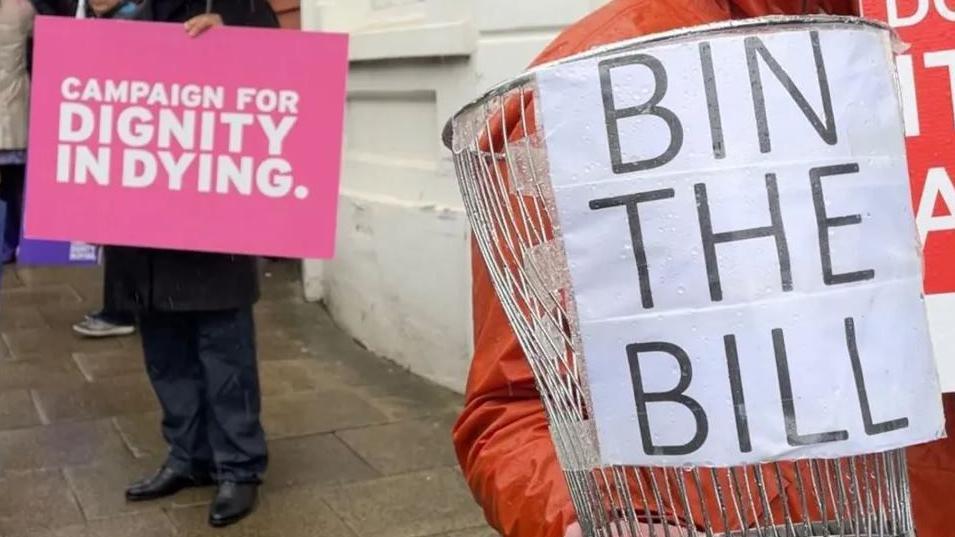



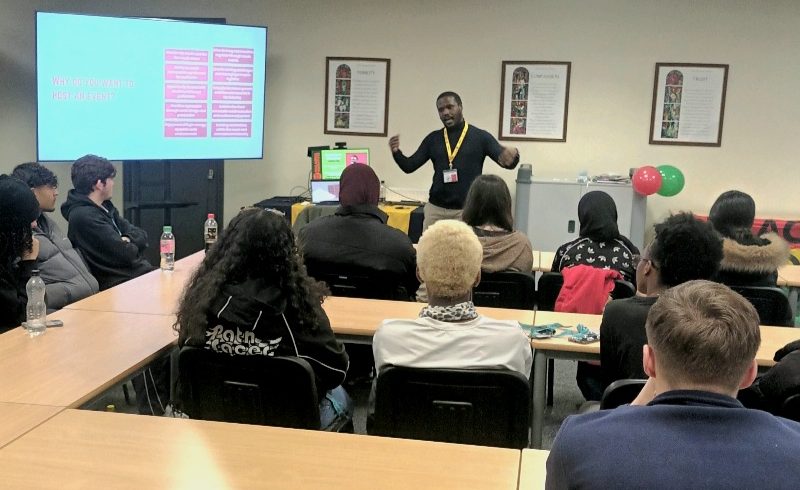
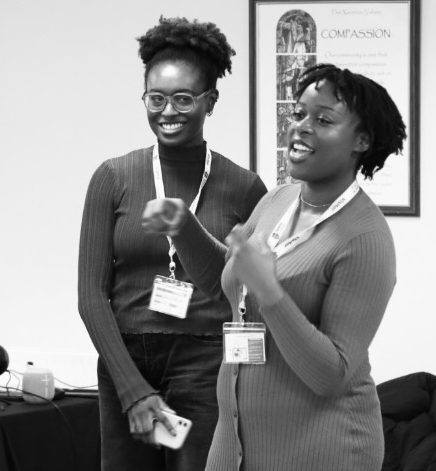


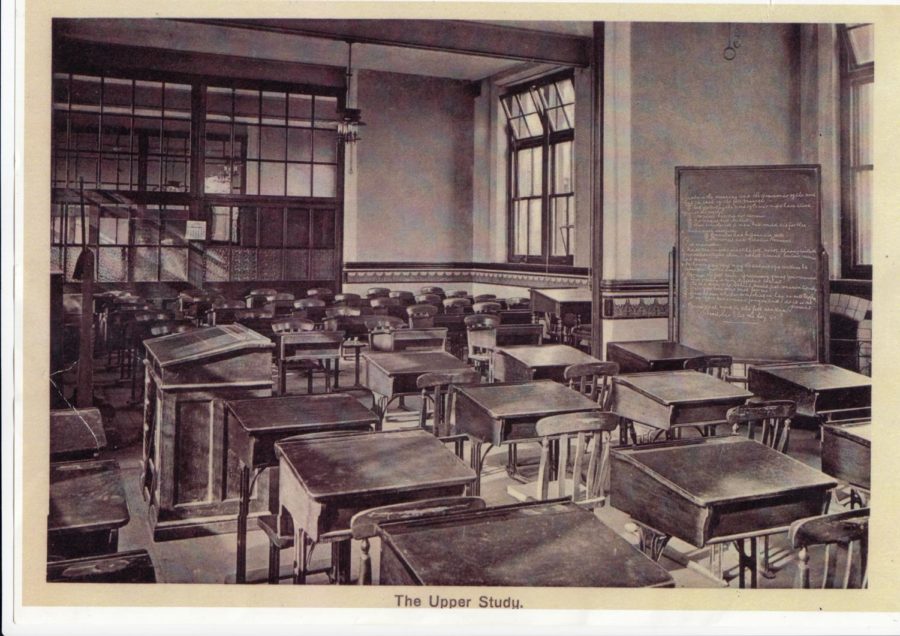

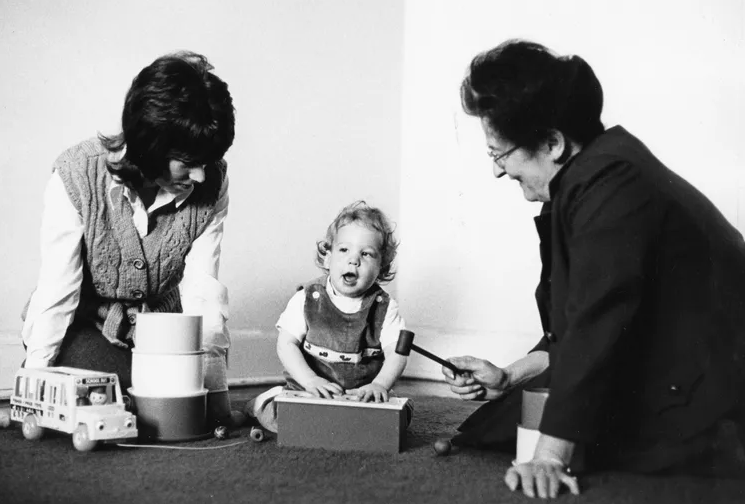

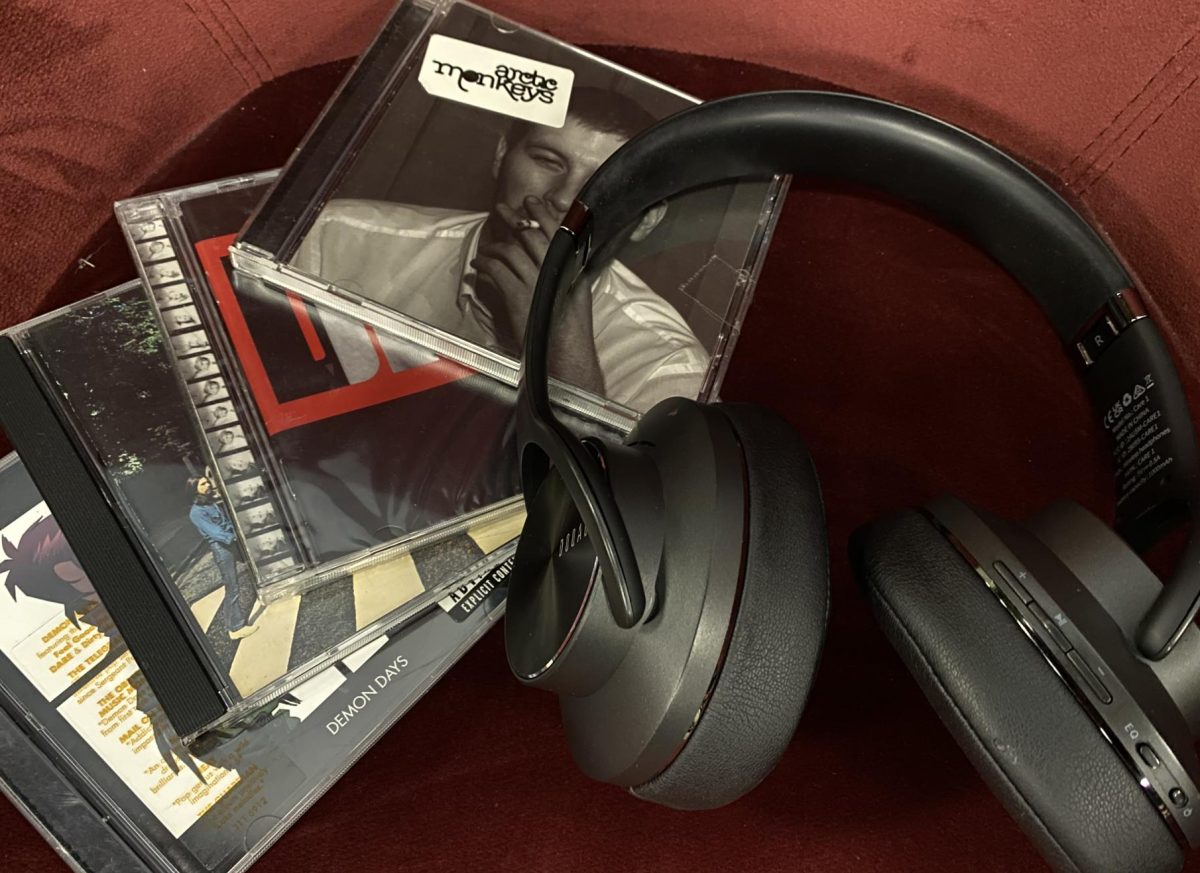
















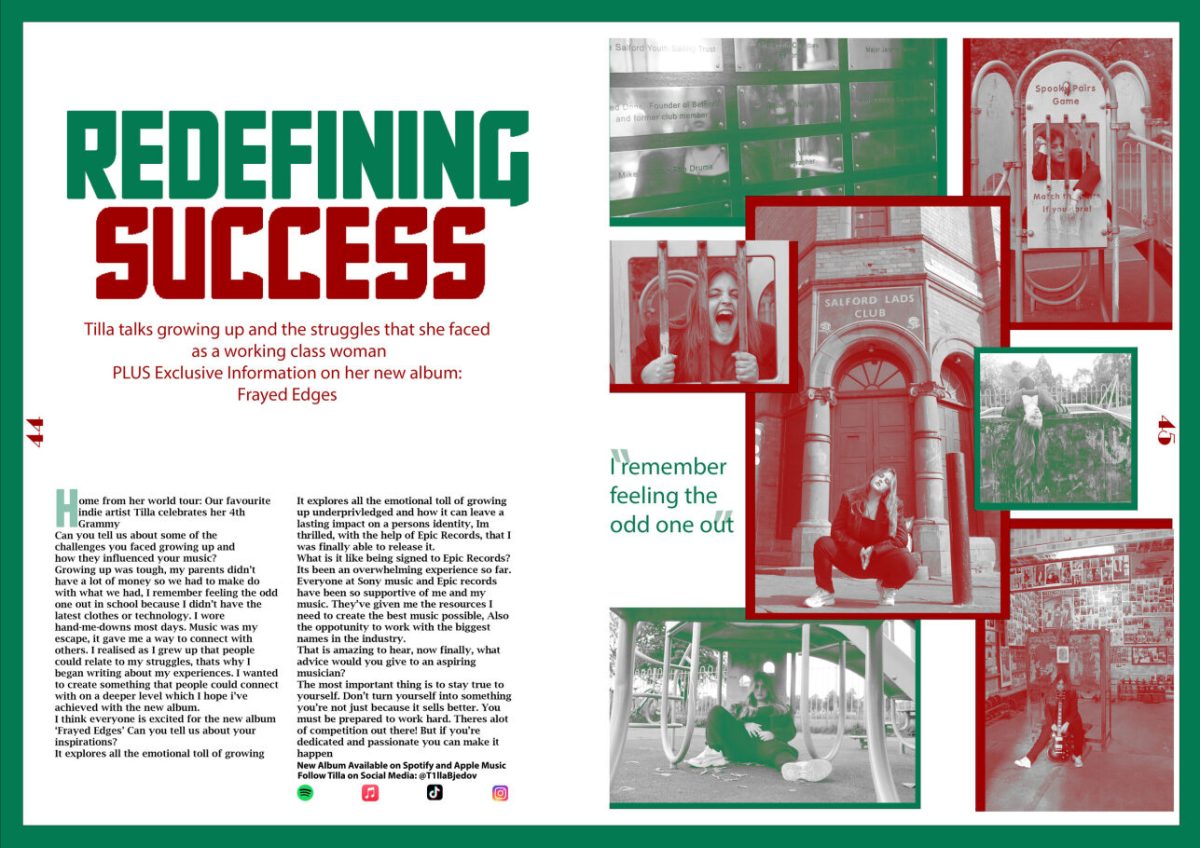






Evie • Apr 2, 2025 at 6:42 am
This amazing, so interesting
JOEY • Feb 9, 2023 at 5:53 am
Ooo very interesting! I’ve never thought about accent anxiety before! 10/10 very relatable!
Shabnam • Feb 9, 2023 at 5:48 am
I love the diversity in college and i agree accents shape who we are and highlights our unique differences that we should be proud of!!
Jacqui Shirley - Organiser • Jan 18, 2023 at 6:07 am
I learned lots about how people might feel about their accents. We’re lucky to have so many different accents at our college